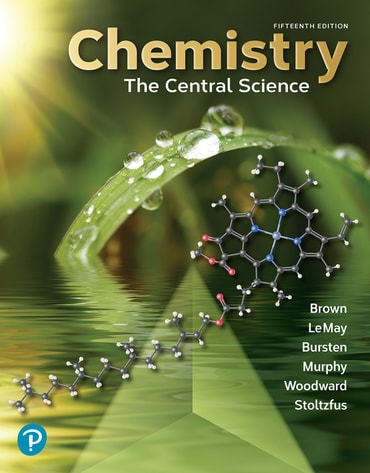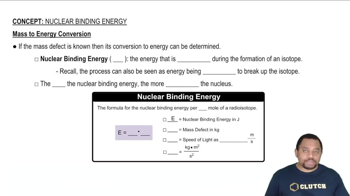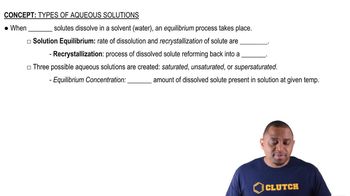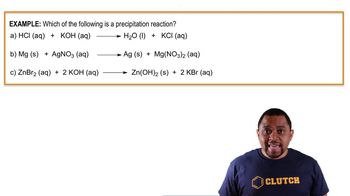Textbook Question
Complete and balance the nuclear equations for the following fission or fusion reactions:
(a) 21H + 21H → 32He + _
(b) 23992U + 10n¡ → 13351Sb + 9841Nb + _ 10n
1
views

 Verified step by step guidance
Verified step by step guidance



Complete and balance the nuclear equations for the following fission or fusion reactions:
(a) 21H + 21H → 32He + _
(b) 23992U + 10n¡ → 13351Sb + 9841Nb + _ 10n
Complete and balance the nuclear equations for the following fission reactions:
(a) 23592U + 10n → 16062Sm + 7230Zn + _ 10n
(b) 23994Pu + 10n → 14458Ce + _ + 2 10n
The spent fuel elements from a fission reactor are much more intensely radioactive than the original fuel elements. (b) Given that only two or three neutrons are released per fission event and knowing that the nucleus undergoing fission has a neutron-to-proton ratio characteristic of a heavy nucleus, what sorts of decay would you expect to be dominant among the fission products?